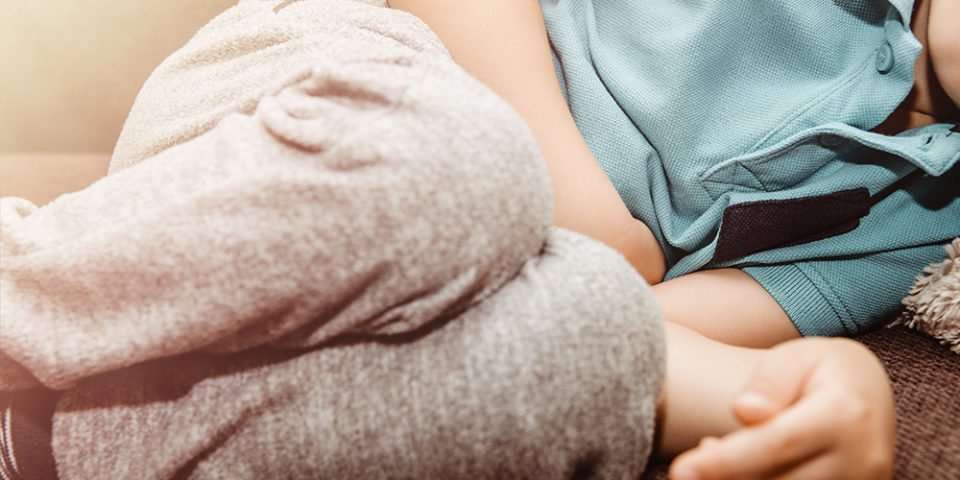Kids and kidney stones
Kidney stones don’t just affect adults, but children as well – especially if there’s a family history. Pediatric nephrologist Sudha Garimella, MD, offered some tips on what to look for and how to prevent kidney stones.
How do kidney stones form?
Kidney stones occur when there is an imbalance between salts and water in the urine, causing crystals and stones to form all along the urinary tract, including the kidney, ureters and bladder.
Salty food is known to increase risk of kidney stones. “Kids, especially teenagers, are consuming too much salt in their diet, mainly from processed foods. Condiments like ketchup and ranch dressing are high in salt and it can quickly add up,” said Dr. Garimella.
Some other high sodium foods you may not think about include:
- Pizza
- Mexican dishes
- Sandwiches
- Breads and rolls
- Cold cuts and cured meats
- Soups
- Savory snacks (e.g., chips, popcorn, pretzels, snack mixes, cracker)
- Cheese
- Plain milk
- Poultry
What symptoms should you watch for in your child?
- Pain in the lower back, side, lower abdomen or groin
- Pain while urinating
- Blood in urine
- Cloudy or bad smelling urine
- Irritability
- Nausea or vomiting
- Constant feeling of needing to pee
What can you do to prevent kidney stones?
- Drink more water. For a child under 10, be sure they are drinking at least 32 ounces of water a day. For a child over 10, they should be drinking 64 ounces or more. On hot days or with increased outdoor play or exercise, be sure their water intake increases as well.
- Eat less salt. Sodium intake should be less than 2,000 milligrams a day. Be sure to read nutritional labels on drinks and processed foods for sodium intake. It is surprising where it can hide.
- Avoid certain drinks. Drinks like sodas, especially dark sodas, and tea can increase risk for kidney stones. It is best to avoid these beverages if your child has experienced kidney stones before.
- Limit high oxalate foods. Chocolate, spinach, peanuts and rhubarb should be avoided to reduce risk of developing kidney stones.
- Drink more drinks with citric acid. Beverages that contain citric acid, such as lemon or lime juices, can be good to help prevent kidney stones.
Dr. Garimella said people who have had kidney stones in the past are more likely to have them again, so be sure to follow these lifestyle changes. She said it’s also important to know your family history. “If you have a relative with kidney stones, your risk of having one is four times higher. For this reason, sometimes there is little you can do to prevent them,” said Dr. Garimella.
When should you take your child to see a doctor?
If your child is experiencing any of the following, it is time to seek help:
- Difficulty or pain with urination
- Blood in urine
- Abdominal or flank pain
“If your child is experiencing kidney stone symptoms, make sure they are drinking lots of fluids” said Dr. Garimella. Changing a child’s diet and fluids can help reduce stone formation and prevent stones from getting bigger. Many stones disintegrate and are passed relatively painlessly with good treatment.
“Sometimes, the stones are too big or are stuck in the narrow ureters, and require surgery to remove them,” said Dr. Garimella. A pediatric urologist will need to remove stones from the urinary tract surgically.
Reaching out to your child’s doctor is important because kidney stones can also be a symptom of a larger issue. “Children may have kidney stones as the first presentation of underlying rare metabolic diseases, some of which may be life threatening if not diagnosed early. If your child is experiencing kidney stones, it is important to see a pediatric nephrologist for testing,” said Dr. Garimella.
Find the care you need, close to home
Our primary care physicians provide well visits and everyday care when you need it with compassion and expertise.
Find Primary Care Near You

